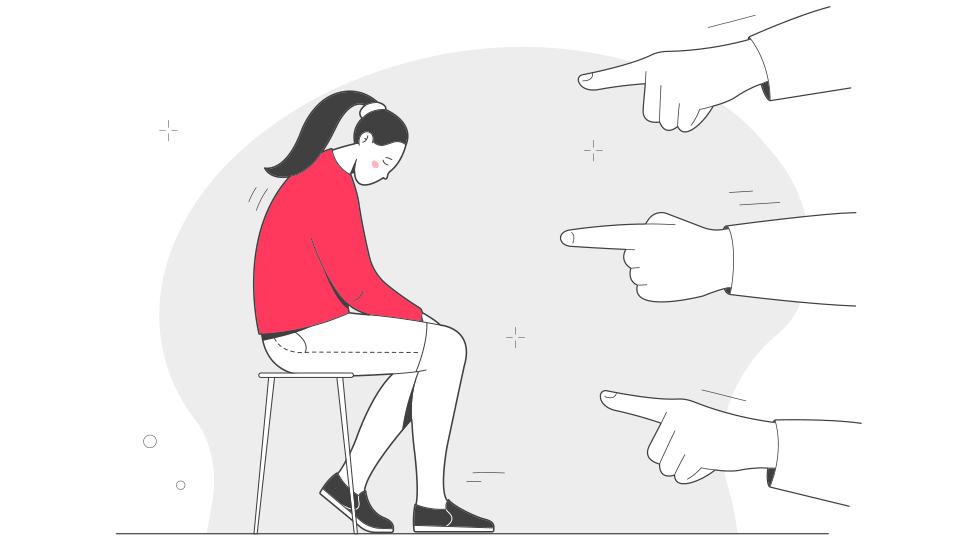“There is a special place in hell for women who don’t help other women”, noted Madeline Albright in her 2006 keynote speech at a Celebrating Inspiration luncheon with the WNBA’s All Decade team. Recently I have seen this statement being bounced around on social media, particularly LinkedIn, and even featured in articles. Invariably it is women who amplify it, while condemning other women for not being supportive enough of their fellow women. Every time I read this unquestionably impactful quote I feel uncomfortable. Partly because of its unforgiving undertone, but mostly because it sounds unfair and deepens the very problem it is trying to tackle – discrimination against women.
The statement implies that women should stand in greater solidarity with other women because they share challenges that men don’t. I understand that. However, in a world that already favours men over women, isn’t expecting more of women than of men simply another expression of the universal anti-women/pro-men social norms? Should there really be “a special place in hell” for unsupportive women any more than there should be for unsupportive men?
The interviews I conducted with dozens of senior news editors for From Outrage to Opportunity unearthed that women editors are burdened with a higher expectation to resolve the problem of women’s exclusion in leadership than their male counterparts. When asked to identify the key drivers for improving women’s inclusion in decision-making, 35% of editors highlighted women supporting other women and women’s networks, while only 26% suggested allyship with men. This higher expectation of women persists despite the fact that it is mostly men who have the power to make change happen.
When men don’t support other men, they are simply defined as competitive; a judgement that in no way detracts from their clout. Moreover, men are expected to be competitive, including in journalism – which is traditionally seen as a cut-throat industry. However, in the parallel situation, the assessment of women proves asymmetrical: they are judged more harshly when they are competitive, especially when they compete against other women.
In reality, it is harder for women to support other women due to social norms working against them, their own internalised sexism and another key, although less well-known, bias. In her revelatory book Bias Interrupted, Joan C. Williams – a leading expert in addressing exclusion in organisations – demonstrated that instead of championing diversity within their organisation, marginalised groups (of which women in news leadership is one) are often forced to compete with one another to ringfence space for themselves at the decision-making table alongside the over-represented group. Williams calls this tug-of-war bias and highlights it as one of the five key biases that perpetuate gender inequity in organisations. This bias results from the scarcity of places awarded to women or other minority groups and operates most perniciously when women are significantly outnumbered e.g. when they are a token appointment.
Women who are perceived as not being sufficiently supportive of other women’s growth are often attacked for their personalities, labelled power-hungry, and judged ruthlessly (as Albright did). This focus on the deficiencies of individual women completely neglects the deeper systemic reasons that lead to this exclusionary behaviour. The tug-of-war bias, powered by pro-male social norms, provides one of the reasons why gender bias proves so hard to eradicate among both women and men.
Instead of passing judgment on women who are not supportive of other women and expecting more of them than of men in power, we will catalyse more progress if we simply acknowledge that, to a lesser or greater extent, we have all inherited anti-women unconscious bias. Once we accept this uncomfortable truth, the next step would be to seek allyship across both dominant genders to resolve the issue of discrimination against women. Such a deeply ingrained problem can only be resolved if we are all on the same side. What women need is the gift of allyship, and that can be built by transforming judgment into coalescence and encouragement.






